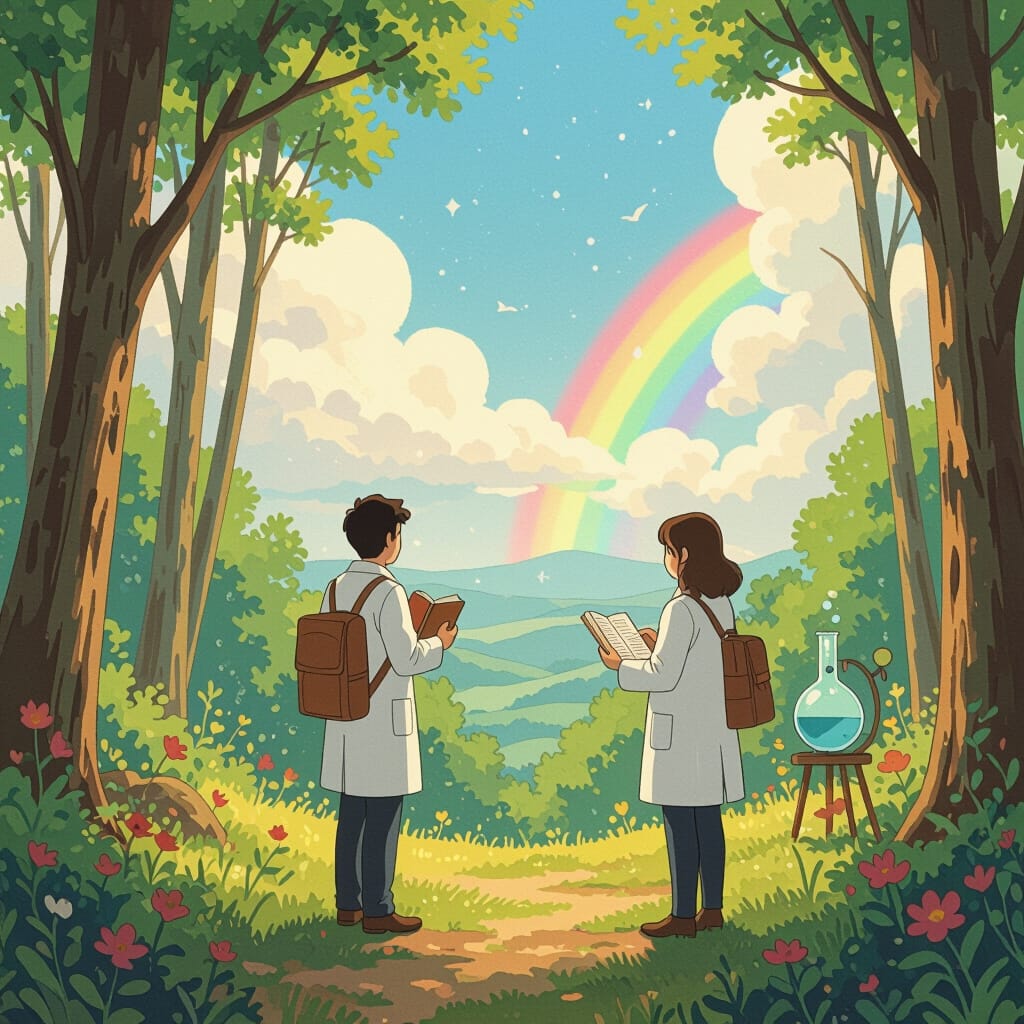Building Your Career Map: Resources for Life After the Bench

This article is the first of a two-part article series that focuses on tools and strategies for scientists who are planning a career transition.
What if you enjoy science and are starting to feel like the lab bench is no longer where you see yourself in the long run? Whether you are just starting out, mid-career, or have spent years in academia or industry, it is normal to ask, “What else can I do with my background?” If that question has been on your mind lately, you are not alone, and this article is here to help you explore what might come next.
Building Your Career Map: Resources for Life After the Bench
Choosing which path to take when you reach a fork in the road is not always easy. But there are practical steps that can help you figure out which direction makes the most sense for you. One of the first things I recommend is taking a close look at your transferable skills—the knowledge, strengths, and experiences you have built over time. Go back through your resume, think about the work you are proud of, and ask yourself: What do I do well? What do people consistently rely on me for? These skills can be both technical and interpersonal, and identifying them is an important step toward finding a role that feels like the right fit.
The next step in building your career map is understanding who you are—specifically, identifying your strengths, interests, and values. Developing greater self-awareness around what motivates you and what you are naturally good at can help guide your next career move with more confidence and clarity.
There are many helpful tools available online to support this process. Some popular assessments include:
- DISC Assessment
- Myers-Briggs Type Indicator (MBTI)
- TalentSmart Emotional Intelligence
- Authentic Happiness (University of Pennsylvania)
- StandOut
- StrengthsFinder / CliftonStrengths
These tools can offer insight into your personality, communication style, and strengths, which can help you identify roles that are a better fit for who you are today.
A recommended website for exploring your career interests and identifying potential job options is O*NET Online (https://www.onetonline.org/). In addition to helping match your interests to careers, it offers a wealth of detailed information about various occupations.
In addition to online assessments, there are also excellent books designed for people exploring new career directions. One of the most well-known and highly recommended is What Color Is Your Parachute? by Richard Nelson Bolles. Other great reads include:
- Designing Your Life by Bill Burnett and Dave Evans
- The Pathfinder: How to Choose or Change Your Career by Nicholas Lore
- The Crossroads of Should and Must by Elle Luna
And do not forget about one of the most valuable resources, your local public library. Librarians can help you discover even more books, tools, and guides tailored to career changers and job seekers.
If you are a scientist thinking about leaving the bench but still want to stay connected to science, you’re not alone. Here are two books I highly recommend:
- Alternative Careers in Science: Leaving the Ivory Tower by Cynthia Robbins-Roth – A collection of real stories from scientists who successfully transitioned into careers outside the lab.
- So What Are You Going to Do with That? by Susan Basalla and Maggie Debelius – A down-to-earth guide for anyone exploring careers beyond academia.
Once you start exploring career tools and gain a deeper understanding of your strengths and interests, you begin to develop a clearer picture of who you are and what types of roles might be a good fit for your next career step.







